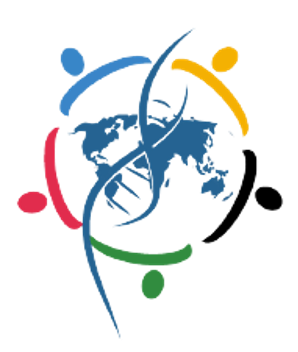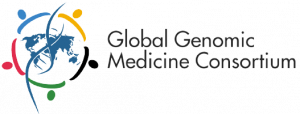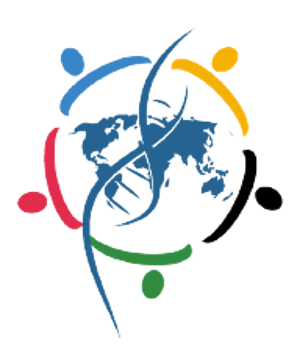Navigating 2023: G2MC Family Health History (FHH) Journey Continues
Building upon ongoing activities, the Family Health History (FHH) Flagship Project group has defined three major projects for 2023. For this, action items and tangible milestones have been set with a clear focus on the comments and feedback from G2MC members around the globe:
- Assist champion healthcare providers in determining local and country-wide family health history needs and capabilities.
- Identify various methods for obtaining family health history which best fit local needs and capabilities.
- Adopt data standards for wide-scale data input and sharing.
- Investigate available risk assessment algorithms to determine the best clinical application.
- Combine FHH with clinical, genomic, and environmental data to create new knowledge for patient care.
Is Knowing Enough? FHH Surveys and Pilot Projects
The FHH group continues to come together and share the challenges and opportunities of implementing FHH in patient care around the world. We discussed with G2MC members that serve as champion healthcare providers to explore the opinion of healthcare professionals in their countries.
Dr. Pratiksha Gyawali, MBBS, MD, from Nepal is a Young Investigator with G2MC and currently works as a consultant biochemist at Dhulikhel Hospital, and as a Lecturer of Clinical Biochemistry at Kathmandu University, School of Medical Sciences, Nepal. Recently, she’s also begun work representing Nepal in the International Federation of Clinical Chemistry (IFCC) Task Force’s Global Newborn Screening Program. Pratiksha, a healthcare champion in Nepal, has created an insightful survey and grasped the interest of her colleagues along with their struggles and successes. This survey from Pratiksha’s team is circulated (and modified if needed) among champion healthcare providers that would like to gain further knowledge in their country.
The Power of Synergy
The G2MC Rare Undiagnosed Diseases and FHH flagship groups are continuously searching for key areas for implementation. To this end, the exchange of information between healthcare professionals and researchers becomes a key aspect in particular when it comes to the diagnostic odyssey associated with a rare disease. An idea put forward is that the current activities of the two flagship groups may support the study of diverse genetic architectures around the globe.





